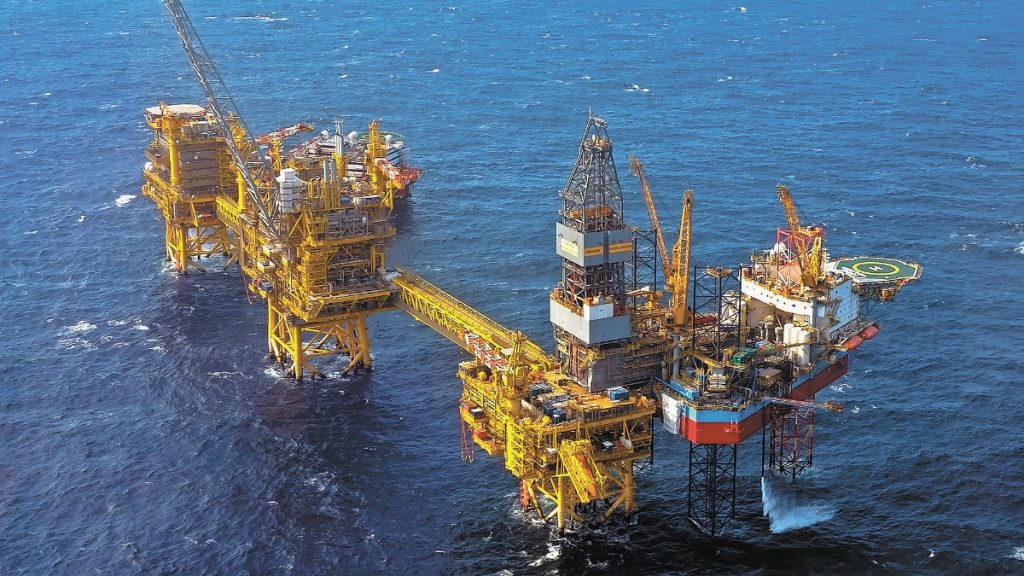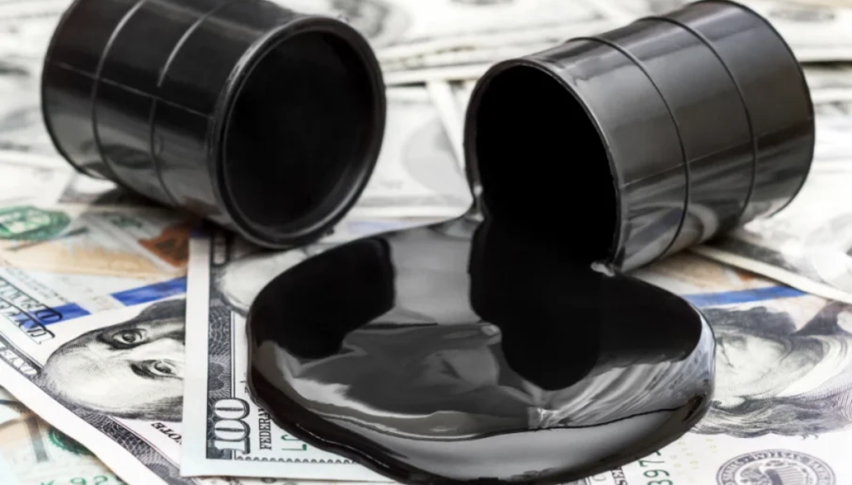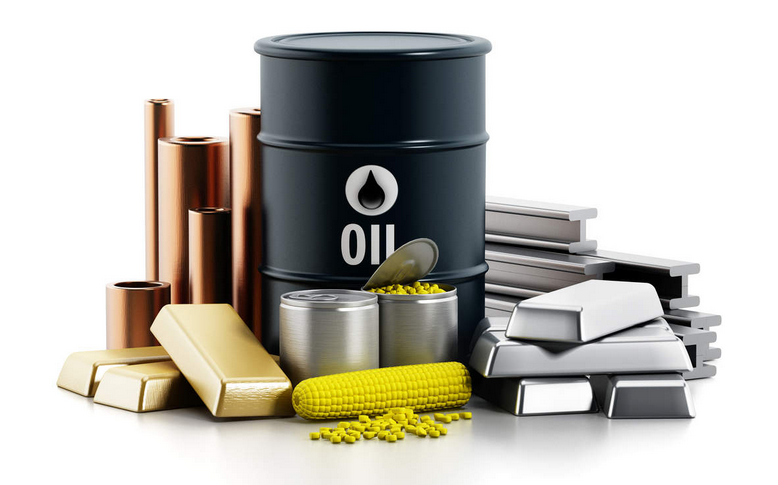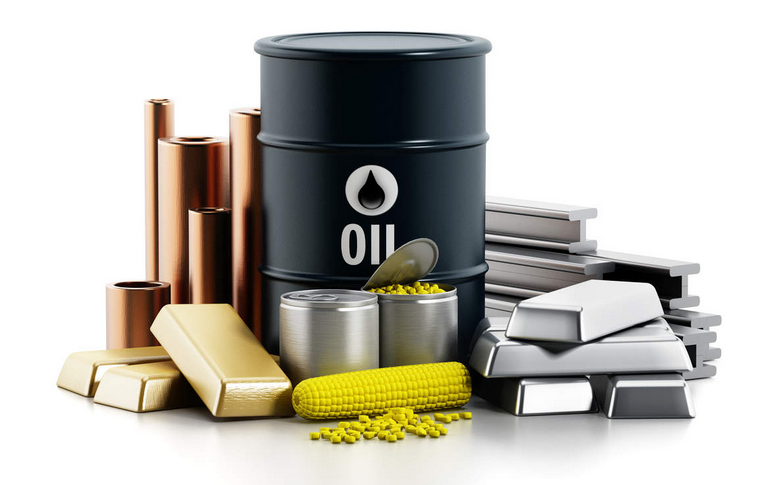Oil Prices Rise 1% Following OPEC+ Announcement
Analysts at Goldman Sachs expect the group to hold production steady following any July increase, citing the launch of new projects.

Quick overview
- Brent crude prices rose 1.26% to $64.90 a barrel, while WTI futures increased by 1.56% to $61.84 amid supply concerns.
- OPEC+ decided to keep its production policy unchanged, despite expectations for a production increase.
- A new U.S. ban on Chevron exporting oil from Venezuela contributed to the rise in crude oil prices.
- Attention is now on an upcoming OPEC+ meeting where decisions regarding output for July will be made.
Brent crude contracts rose 1.26% to $64.90 a barrel, while West Texas Intermediate (WTI) futures gained 1.56% to $61.84 during Tuesday’s session.

Crude oil prices jumped more than 1% on Wednesday amid growing supply concerns, following OPEC+’s decision to keep its production policy unchanged and a new U.S. ban preventing Chevron from exporting oil from Venezuela.
Investors had widely expected OPEC+ to agree to a production increase this week.
Brent futures (LCOc1) rose 81 cents, or 1.26%, to $64.90 a barrel, while U.S. WTI futures (CLc1) gained 95 cents, or 1.56%, to $61.84.
Production Cuts 2027
OPEC+, the Organization of the Petroleum Exporting Countries and its allies, agreed to establish a mechanism for setting production baselines for 2027. However, the group left its current production policy unchanged.
Some market watchers have referred to the “OPEC8+,” the subset of eight members that had been making individual production cuts.
Most oil-producing countries in the meeting reportedly lack sufficient spare capacity to significantly increase or decrease output, making any near-term production adjustments unlikely. While there were expectations that the group would curb the pace of production increases to halt the decline in oil prices, no such move materialized.
Saturday Meeting OPEC+
Attention now turns to another OPEC+ meeting scheduled for Saturday, where the group of eight members is expected to decide whether to raise output in July.
Analysts at Goldman Sachs expect the group to hold production steady following any July increase, citing the launch of new projects later this year, slower global economic growth, and rising inventories as limiting factors.
They also noted that oil prices could react positively if there were breakthroughs in global trade negotiations or if tensions between the U.S. and Iran were resolved.
Meanwhile, the Trump administration issued a new license to U.S. energy giant Chevron (CVX.N), allowing it to maintain its assets in Venezuela but prohibiting the company from exporting oil or expanding operations, according to a Reuters report on Tuesday citing unnamed sources.
- Check out our free forex signals
- Follow the top economic events on FX Leaders economic calendar
- Trade better, discover more Forex Trading Strategies
- Open a FREE Trading Account
- Read our latest reviews on: Avatrade, Exness, HFM and XM


